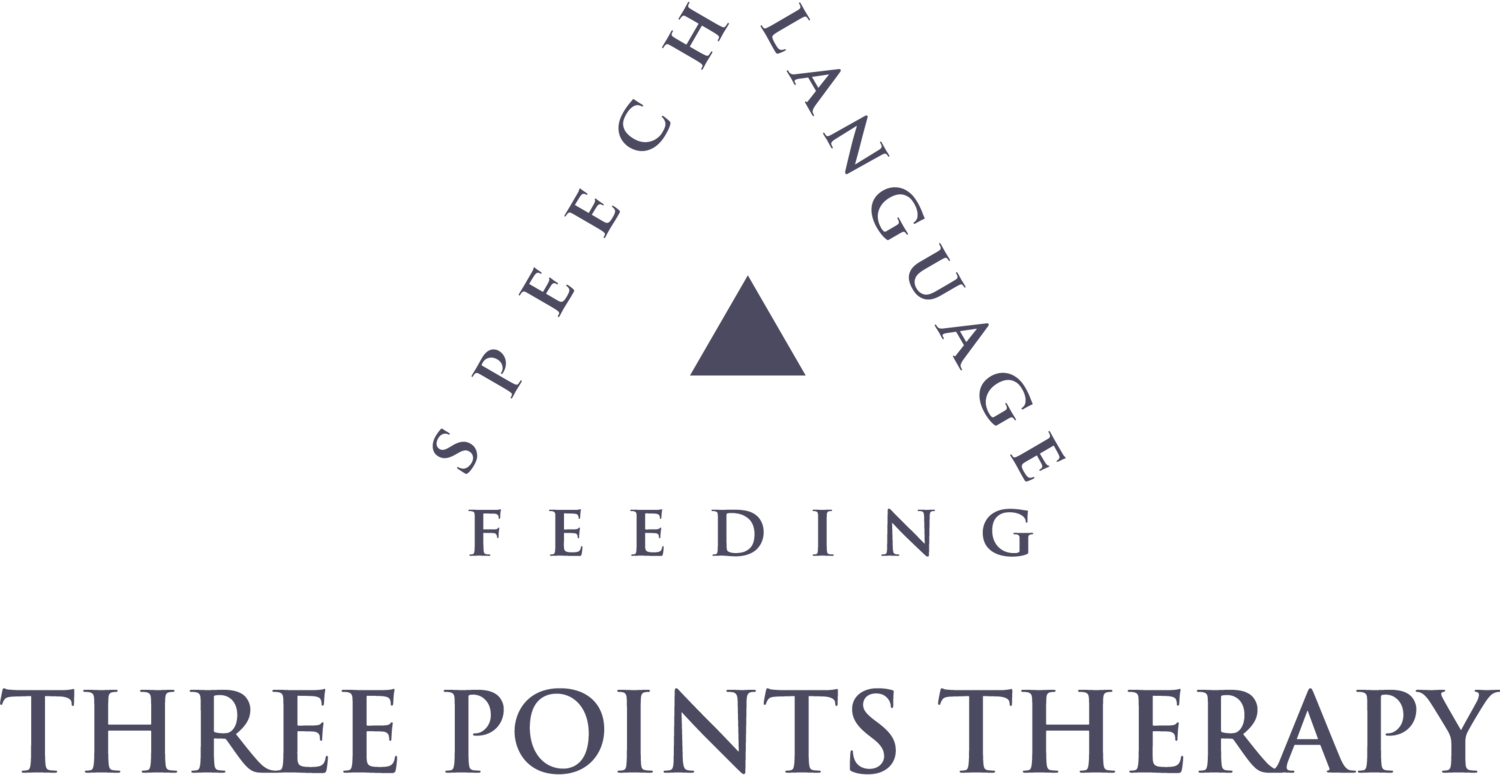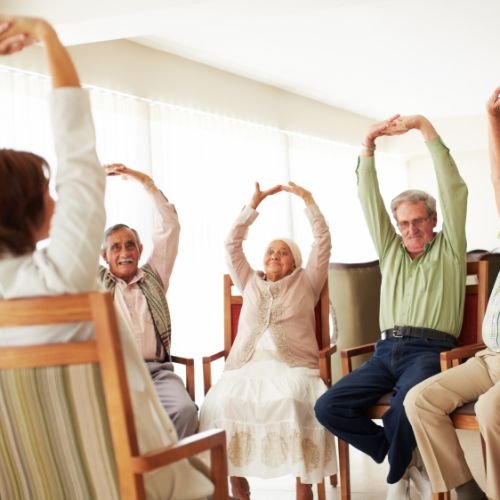Adaptive Dance
Online & In-Person Classes | Private or Group Instruction
Why join Denise’s Adaptive Dance Classes? They are inclusive for all individuals no matter what physical or cognitive ability level. Denise’s Adaptive Dance classes provide opportunities for…
Enhancing memory and cognitive skills
Developing the ability to follow directions, improving receptive language and attention skills
Expressing through singing, honing expressive language skills, voice, and cognition
Fostering community and peer-to-peer connections, promoting socialization
Ready to shimmy with us? Join Denise in her ongoing Adult Adaptive Dance class, held every Wednesday from 1:00-1:30 PM Mountain Time (or 3:00-3:30 PM Eastern Time)!
Connect with Denise today to become a part of the current class or inquire about starting a new one. She offers both one-on-one and group sessions, with options for in-person or online participation, and her classes are open to all ages!
If you're acquainted with Denise, you're undoubtedly familiar with her lively spirit, infectious smile, and outgoing personality. Her gift for engaging with people transcends the boundaries of therapy rooms and virtual calls. It should come as no surprise that Denise infuses these qualities not only into traditional speech therapy, but also into the world of movement and dance.
As a lifelong dancer, Denise boasts a rich background in teaching and studying various dance forms, including Cuban salsa (casino), Brazilian contemporary (Técnica Silvestre), a range of Latin rhythms, ballet, and more. Her unwavering commitment to sharing her lifelong love for dance extends to everyone she encounters. Denise offers ongoing adaptive dance classes tailored to adults with cognitive and/or physical differences.
Her journey as an adaptive dance instructor spans over a decade, beginning in 2013 with acute care patients in a hospital setting in Port Jefferson, New York. Since those beginnings, Denise has extended her expertise to teaching adaptive dance to children and adolescents in schools, seniors in long-term care facilities, and adults with cognitive disabilities in day-hab programs.


